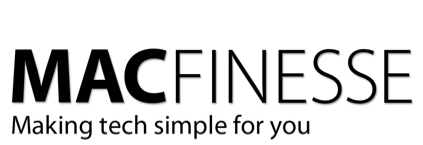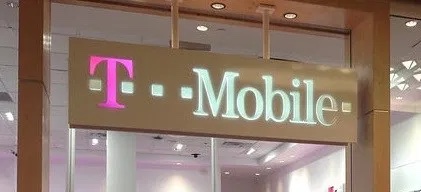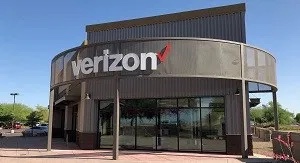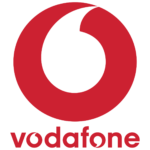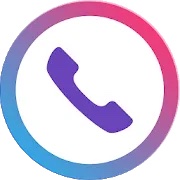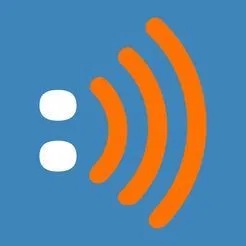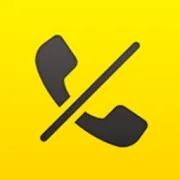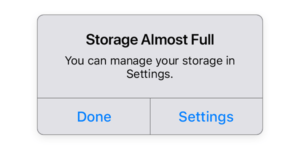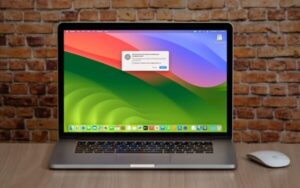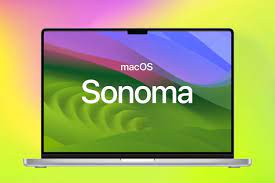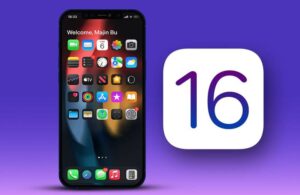For many years, junk and robocalls were relatively few and far between for most people. The National Do Not Call Registry worked well for a while. Legitimate companies were generally very compliant, and the violations were rare.
But over the last few years, the number of junk calls started climbing. Nearly 46 billion robocalls went out in 2020 in the US alone.
Thankfully, the FCC in the United States has issued a mandate for all voice service providers to have the robocall-fighting “STIR/SHAKEN” technology in place by no later than June 30, 2021, according to a news release. More about that later.
All the major US carriers offer some kind of basic free protection, along with paid upgrades. Here’s a summary of what’s available.
AT&T recently expanded the scope of Call Protect to include automatic fraud blocking and suspected spam-call alerts.
According to a recent news release, all new AT&T mobility customers will automatically get the expanded anti-robocall capabilities when they activate a voice line. Existing customers will find the new features up and running shortly.
As an “analytics-based blocking program,” Call Protect allows the company to determine whether an incoming call is legitimate or part of a scam or other robocall scheme.

T-Mobile (and Deutsche Telekom) – Scam Shield
T-Mobile has a relatively new initiative called Scam Shield to protect customers from unwanted robocalls. Among its features:
- Free scam ID and blocking will flag suspicious calls and let you block them.
- Free enhanced caller ID will show verification if it’s a real person or business.
- A free second number is available so you can keep your personal number personal.
- You can get a free number change if scammers do become problematic.
Scam Shield is available for T-Mobile, Metro by T-Mobile and Sprint customers.
While Scam Shield is free, an upgraded service called Scam Shield Premium is available for $4/month (free for customers with Magenta Plus).
Scam Shield Premium will let you send telemarketing calls to voicemail, set up “always block” lists and get voicemail-to-text services.

Verizon – Call Filter
Verizon offers both free and paid options. On the free side, the Call Filter service helps to identify and block robocalls. Verizon customers get alerts when a spam call is suspected and they can report unsolicited numbers. In addition, the service will automatically block robocalls based on your preferred level of risk.
A paid upgrade, called Call Filter Plus, is $2.99/month for one line or $7.99/month for three or more lines. In addition to just spam detection, blocking and reporting, the paid version lets you create a personal robocall block list and gives you access to a robocall risk meter and spam number lookup feature, among other things.
You can learn more about both the free and paid options here.

O2 & Vodafone
You can register your number on the Telephone Preference Service (TPS). This is a free service and should reduce calls from companies, unless you have requested them to call or text you. This is the only service of this type.
Register your mobile number for free by texting TPS and your email address to 85095.
You should get less unsolicited calls after a few days, although it can take up to 28 days to be fully effective.
Free Third-Party Apps: Hiya, Nomorobo, and YouMail
If you don’t want to pay for a service, you can limit robocalls on your smartphone for free with YouMail or Hiya.
Hiya uses an algorithm that determines if there is a phone number making thousands of brief phone calls. Additionally, app users can report fraudulent phone numbers.
YouMail uses a robust Robocall Index to identify “bad” numbers and block them from your phone. Other free features include accurate caller ID and custom voicemail greetings.
Nomorobo is a free service for voice over Internet protocol (VoiP) landlines that boasts of having stopped nearly 1 billion robocalls. There are also mobile versions for iOS and Android, but they cost $1.99/month.
(geek section) SHAKEN and STIR-red (US only)
The FCC in the United States has issued a mandate for all voice service providers to have the robocall-fighting “STIR/SHAKEN” technology in place by no later than June 30, 2021. How does this robocall-blocking technology work? Two technologies, in particular, will be at play going forward:
- Signature-based Handling of Asserted information using toKENs (SHAKEN)
- Secure Telephone Identity Revisited (STIR)
They’re dual tech efforts that aim to verify a given call originates from the number that it says it does. The key is the use of “token technology” creating a digital signature as a stamp of approval when a call originates.
Unfortunately, the two technologies won’t out-and-out block robocalls when used together. What they will do is show some mark of verification on your phone to indicate that a call is legitimately coming from the number you see displayed.
It’s all too much – I need some help!
That’s what we’re here for – to help. Contact Us and we can help you get set up!
Article excerpted from Clark.com.

